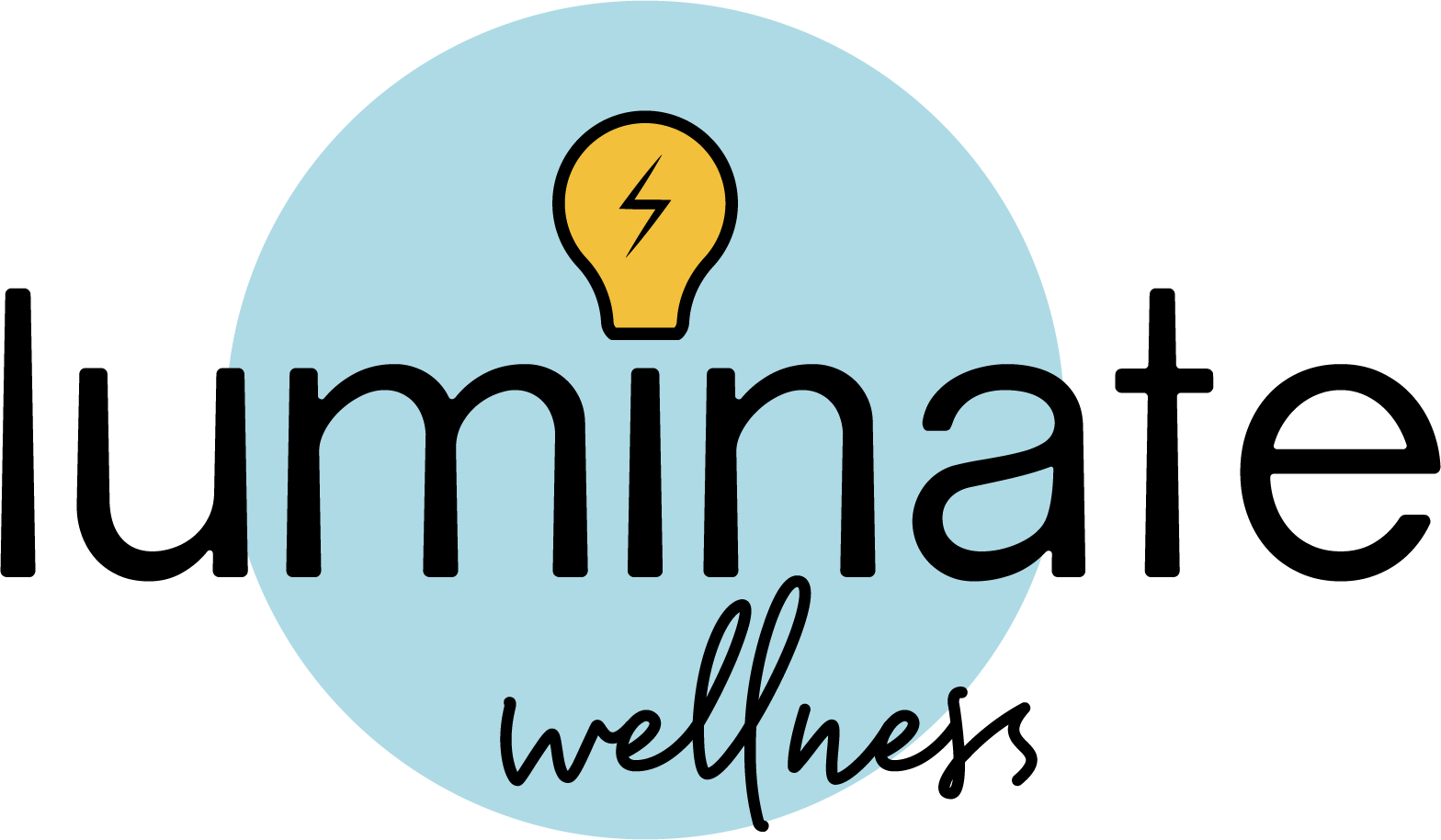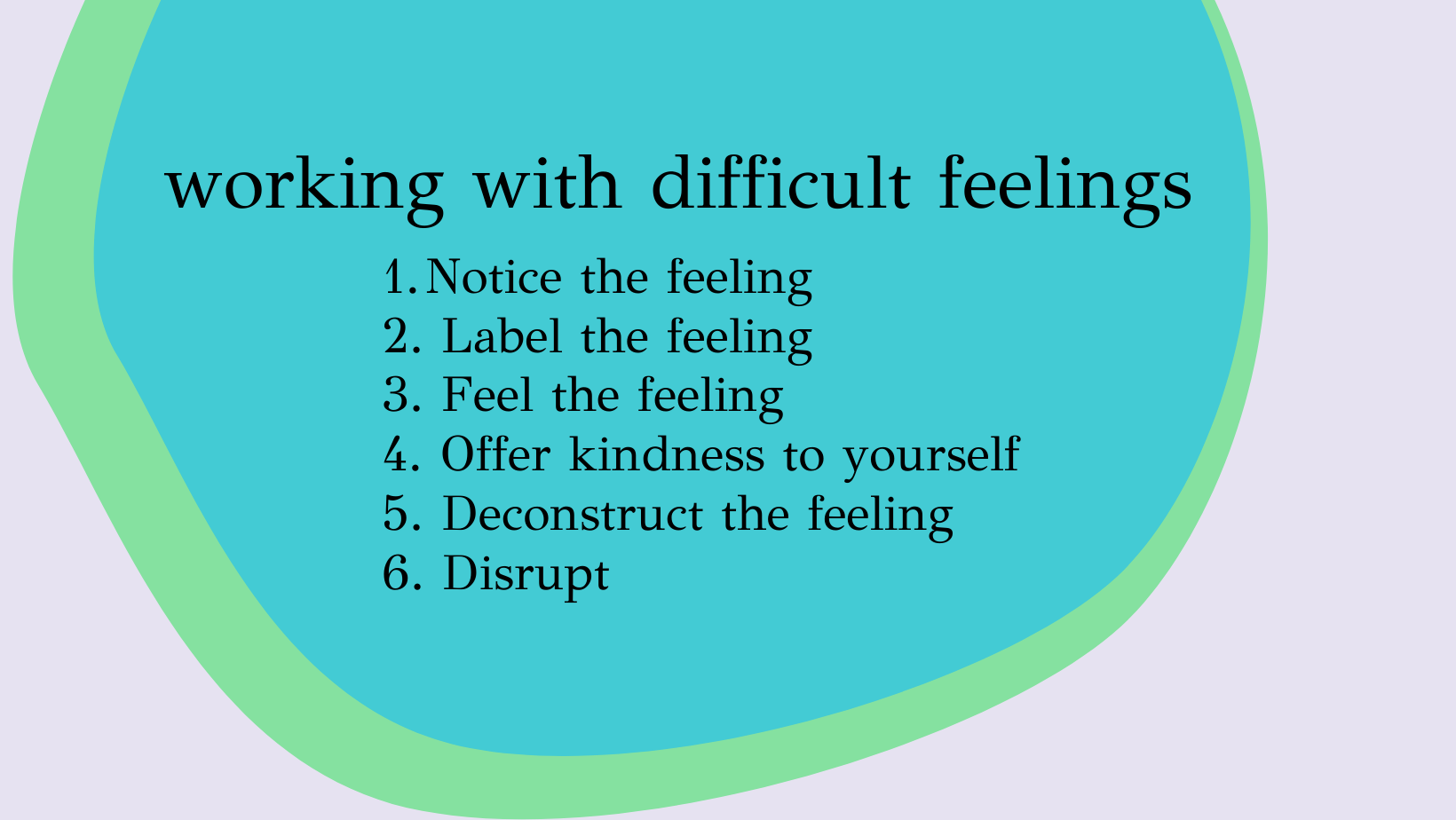difficult feelings: moving through them, instead of staying stuck
Posted: January 12, 2021
Feelings and emotions are big and as a culture we’re not very comfortable acknowledging them, let alone talking about them. When we avoid, or run from them, they don’t actually go away. Allowing ourselves to be present with our feelings, and intentionally processing them, supports us to learn from them, and move past it.
These are some tools that have helped me manage difficult feelings.
1. Notice the feeling:
Often we just go through life without paying attention to what we are actually feeling. This is about stopping and noticing what is happening in our bodies, and acknowledging our difficult feelings. What is your body telling you? Pay attention to each part of your body from your head, neck, back, down to your toes. When we stuff feelings, they just get packed down– the effect of the feelings doesn’t actually go away.
2. Label the feeling:
There is a lot of power in labeling feelings. There are heaps of lists of feeling word charts on the internet. Print one and have it handy. If you’re feel gross–maybe you are actually feeling misunderstood, frustration, anger, disappointment, shame, or grief? Name the feeling.
Click here to read a list of feeling words.
3. Feel it (without ruminating):
Too often we jump to fixing. Pain comes to teach us something. We can’t learn from it if we don’t allow ourselves to feel it. What does your pain want to teach you? (Think of the character Sadness in Inside Out.) Think of emotions like weather patterns. The rain comes we accept it, we live with it, and we know it’s not forever. The sun will return. Nothing is permanent. We don’t have to be defined by our emotions.
4. Offer kindness to yourself:
Self-soothe. Give yourself a hug. Let yourself know that it’s ok to have big feelings. Be kind. Do something nice for yourself. Notice your self-talk. Is it nasty and unkind? If so, deliberately shift the tone, and talk to yourself with kindness.
5. Deconstruct:
Ask yourself questions. What led to this feeling? Is there something I still need to process in my life? Is there something I can learn to do differently next time? Do I need to talk to someone about this? Can I avoid this in the future? If not, can I learn to respond differently? Can I learn something about my boundaries? This time is all about self-refection and learning.
6. Disrupt:
Rumination is never helpful. Also inertia is a real thing. We continue to move in the direction we are currently moving, or we can stay stuck. Disrupting is about choosing something different. Maybe that’s something simple like getting outside, changing your scenery, or moving your body. When we change something we can often disrupt the cycle of rumination.

